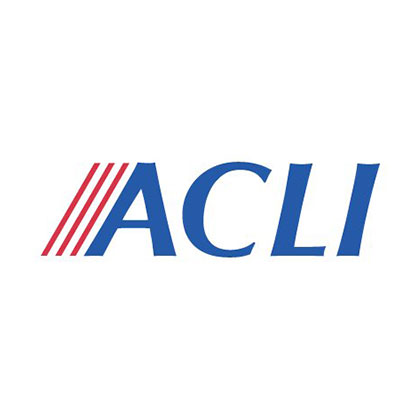Covid-19 has changed the world in ways big and small and in ways we cannot yet measure. When the shutdowns started, the sudden need to provide caregiving while working greatly impacted women. According to the US Bureau of Labor Statistics, nearly three million women have exited the American workforce in the past year. This compounds an existing problem for women in the workforce. Women already earn 82% of what men do. For Black women, it’s 63%. For Latina women, it’s 54%. Women are far more likely than men to take time off to care for a family member – losing over $300,000 in wages, Social Security benefits, and retirement plan income over a lifetime. Add to that, women often live longer than men, and therefore need more in retirement, yet women reach peak salary levels an estimated 10 years earlier than men.
It is clear, women need access to resources and tools that can help plan for their financial futures, and it needs to happen now.
“Although I am concerned about what’s happening to women right now, what concerns me more is what will happen in 30, 40 or 50 years from now” said Susan Neely, President and CEO of the American Council of Life Insurers (ACLI).
The life insurance industry is working to bridge the gap between business and government to reshape the retirement future for women. ACLI led efforts to pass the SECURE Act, the first major retirement legislation signed into law in a decade helping more people gain access to retirement plans.
“What the SECURE Act did is allow small businesses to band together to be able to offer retirement savings vehicles to their employees,” said Neely. “We still have much work to do in making the workplace more accessible to women, especially mothers and caregivers, but when these valuable employees are able to return to work, we want their futures to be certain. Let’s get women off the retirement cliff and onto a better path for retirement.”
What’s next? The Securing a Strong Retirement Act of 2020 (SSRA) was introduced to build on the SECURE Act and help more people prepare for their financial futures. The SSRA proposes improvements to the Saver Credit, tackles how employers can foster better retirement savings by matching employees’ student loan payments, and even looks at ways to encourage smaller businesses to offer a retirement plan.
What’s most important, for women especially, is to follow important conversations on retirement security, and to stay informed. The American Council of Life Insurer’s has started a community initiative, Protecting Every Future, to help breakdown how public policy impacts financial protection. Learn more at everyfuture.org.
